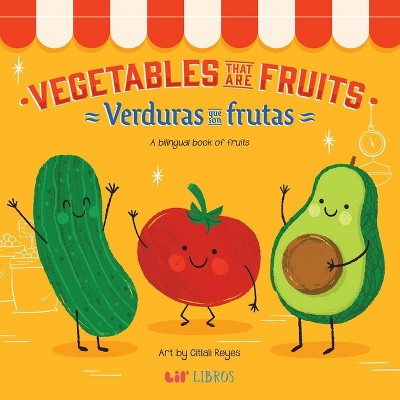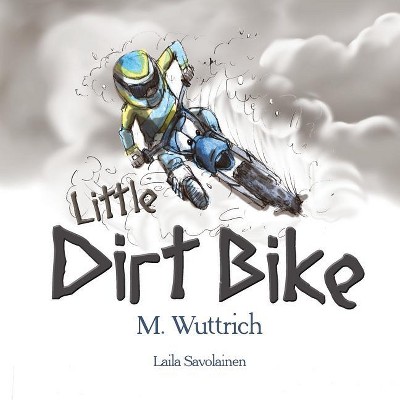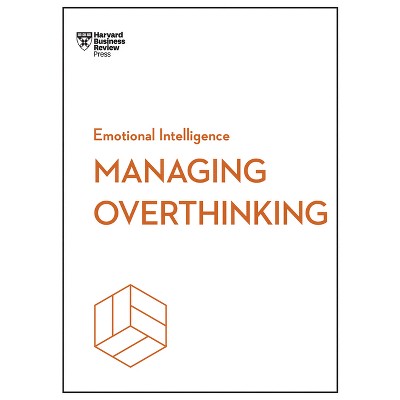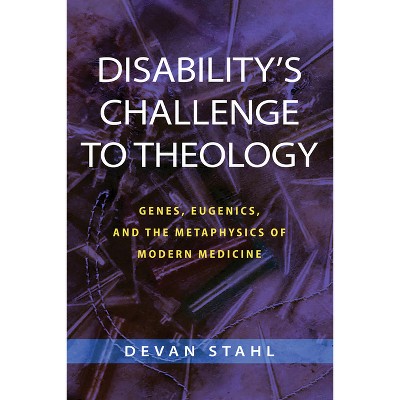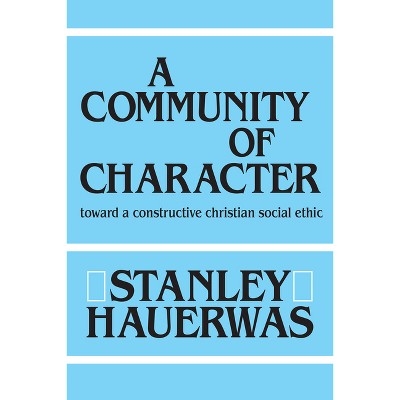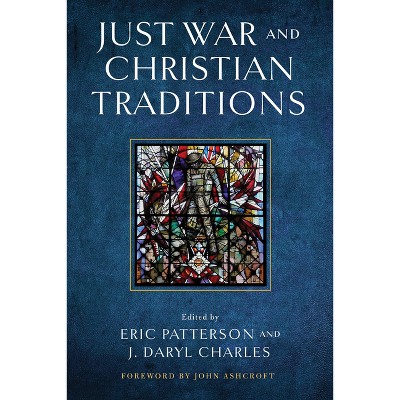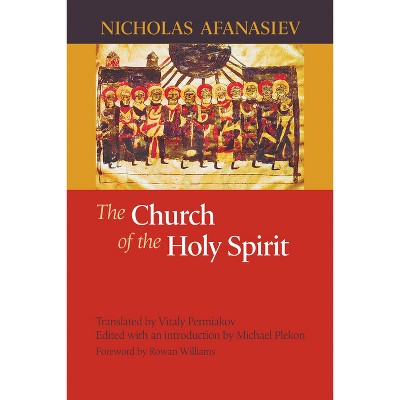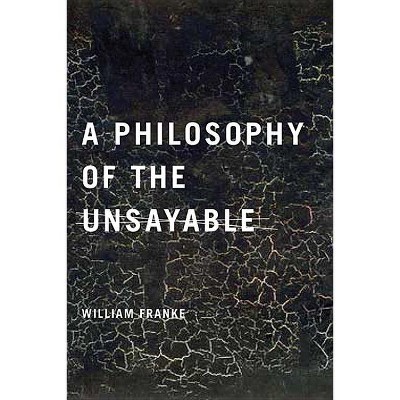Sponsored

Wildness - by Lydia Willsky-Ciollo (Hardcover)
Pre-order
Sponsored
About this item
Highlights
- In and through his experience of nature, Henry David Thoreau imagined and developed a distinctly American theology of the wild.In Wildness: Henry David Thoreau and the Making of an American Theology, Lydia Willsky-Ciollo articulates how Thoreau was enmeshed in a decades-spanning project of crafting a theology of wildness.
- About the Author: Lydia Willsky-Ciollo is associate professor of religious studies and director of American studies at Fairfield University.
- 352 Pages
- Religion + Beliefs, Christian Theology
Description
Book Synopsis
In and through his experience of nature, Henry David Thoreau imagined and developed a distinctly American theology of the wild.
In Wildness: Henry David Thoreau and the Making of an American Theology, Lydia Willsky-Ciollo articulates how Thoreau was enmeshed in a decades-spanning project of crafting a theology of wildness. During Thoreau's post-college years and his time at Walden Pond, he evolved from hopeful writer to observant theologian, whose primary work as a surveyor enabled his theological vocation.
Willsky-Ciollo skillfully guides readers through Thoreau's writings and life as his theology emerges and evolves. The focus of Thoreau's theology--wildness itself--centers on the divinity extant in every person and in every molecule of creation. Definitively American in its ethos, Thoreau's theology reflects a distinctly American set of tensions: progress and tradition, wilderness and civilization, the destructive and the generative nature of work, the individual and the society, the local and the universal, and the Christian and the pluralist. While remaining critical of dogmatism and institutional rigidity, he formed his theological vision in conversation with the Christianity of his own time and place.
Ultimately, theology is an active process, and interpreting the wild experience of divine revelation is the purview of all. Thoreau left the door open to his readers, who he hoped would pick up the pen where he left off and write their own theologies of wildness.
Review Quotes
"By taking up Thoreau's view of theology, Lydia Willsky-Ciollo offers an essential contribution to the deepening well of scholarship about Thoreau's religion. Wildness helpfully integrates Thoreau into his nineteenth-century theological contexts and points his twenty-first-century devotees to the sacred life he found in wildness." --Alda Balthrop-Lewis, author of Thoreau's Religion
"Lydia Willsky-Ciollo has written a book that will become a classic in Thoreau studies. As Thoreau walked by streams, up mountains, and floated on rivers, this book takes the reader on a journey of a discovery of the divinity of and in nature and how Thoreau was--and how we are--connected to it. This is a book to be read, contemplated, and cherished." --Marc A. Jolley, senior lecturer in philosophy and Great Books, and director of Mercer University Press
"In this rich, comprehensive, even lyrical introduction to Thoreau and Transcendentalism, Lydia Willsky-Ciollo seeks to renew both Thoreau and divinity for a secular world. Her bold new argument gives us a Thoreau who still matters deeply, whose 'theology of the wild' is deliberate, coherent, well-founded in the history of religious thought, and profoundly meaningful today--an environmental faith not meant to be confined to a bookshelf, but to live and grow in our shared world of natural beauty and spiritual meaning." --Laura Dassow Walls, author of Henry David Thoreau
"With scholarly precision and intellectual vigor, Lydia Willsky-Ciollo reimagines Thoreau as a theologian of wildness, where nature, rebellion, and spiritual reflection converge. More than a commentary, this is a vibrant conversation across time, revealing Thoreau as both seeker and prophet. In so doing, Wildness profoundly reshapes the study of Thoreau and Transcendentalism, opening new paths for readers and scholars alike." --Morgan Shipley, Foglio Endowed Chair in Spirituality, Michigan State University
"Wildness is an impressive achievement. Willsky-Ciollo's account is at once richly researched and written with real passion. While she clearly recognizes the limitations of Thoreau's project, she makes a compelling case for Thoreau as Nature's apostle, a prophet calling us to the wild." --John J. Kucich, author of Unsettling Thoreau
"This is the work of an accomplished scholar who knows Thoreau's biography and oeuvre intimately, with the expertise to talk about him and his beliefs in a new and provocative way. This book will be read and appreciated both by people interested in Thoreau and in the culture of the nineteenth century in general." --Philip F. Gura, author of American Transcendentalism
About the Author
Lydia Willsky-Ciollo is associate professor of religious studies and director of American studies at Fairfield University. She is author of American Unitarianism and the Protestant Dilemma: The Conundrum of Biblical Authority and co-author with Eugene V. Gallagher of New Religions: Emerging Faiths and Religious Cultures in the Modern World.
Shipping details
Return details
Frequently bought together
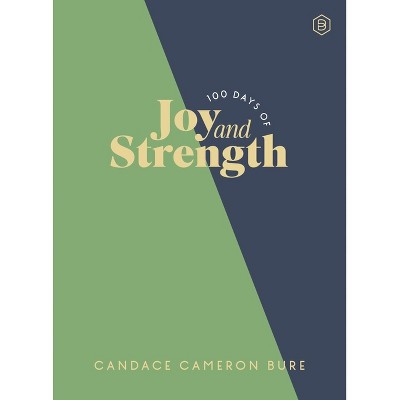
Trending Non-Fiction








